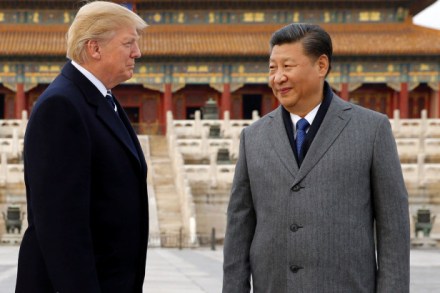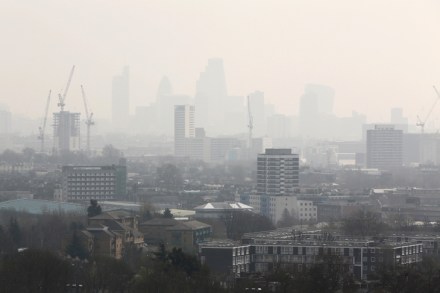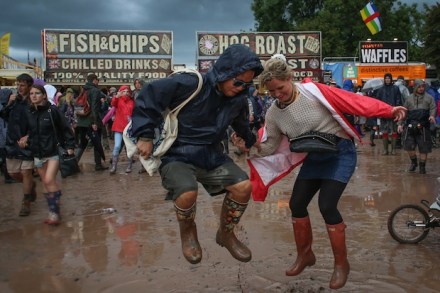A trade war is a zero sum game
A decision on one of the more controversial of U.S. President Donald Trump’s protectionist policies was yesterday postponed as the U.S. extended the exemption from tariffs on steel and aluminium imports for a handful of allies including the European Union. The news comes in the wake of talks with Europe’s ‘big hitters’, French President Emmanuel Macron and German Chancellor Angela Merkel, who left Washington with seemingly little to show for their efforts. But this reprieve might quietly be considered a victory–so long as the Europeans can figure out a way to make it permanent. As tensions with China escalate, the bloc will hope that Trump is realising he needs the economic




















